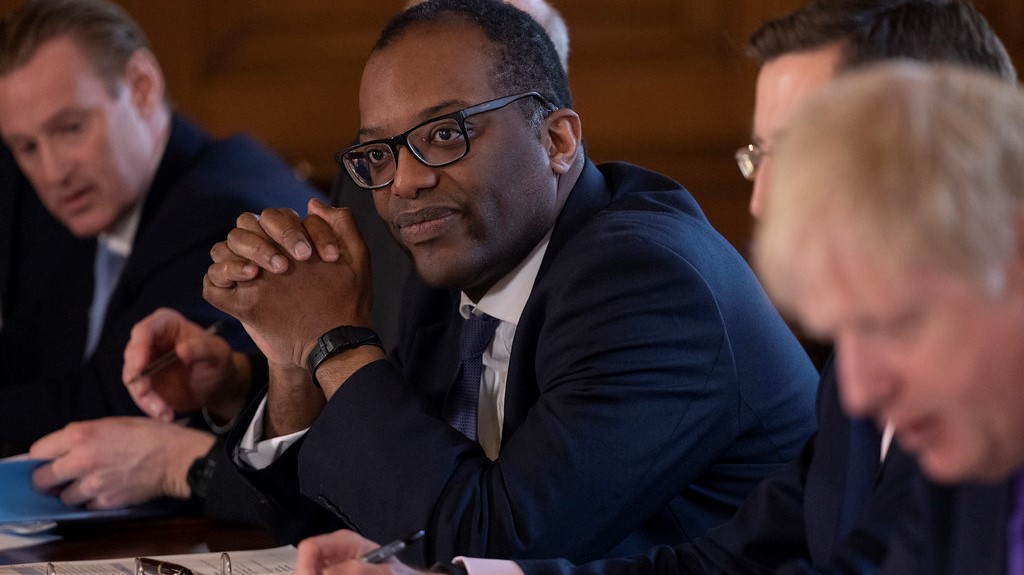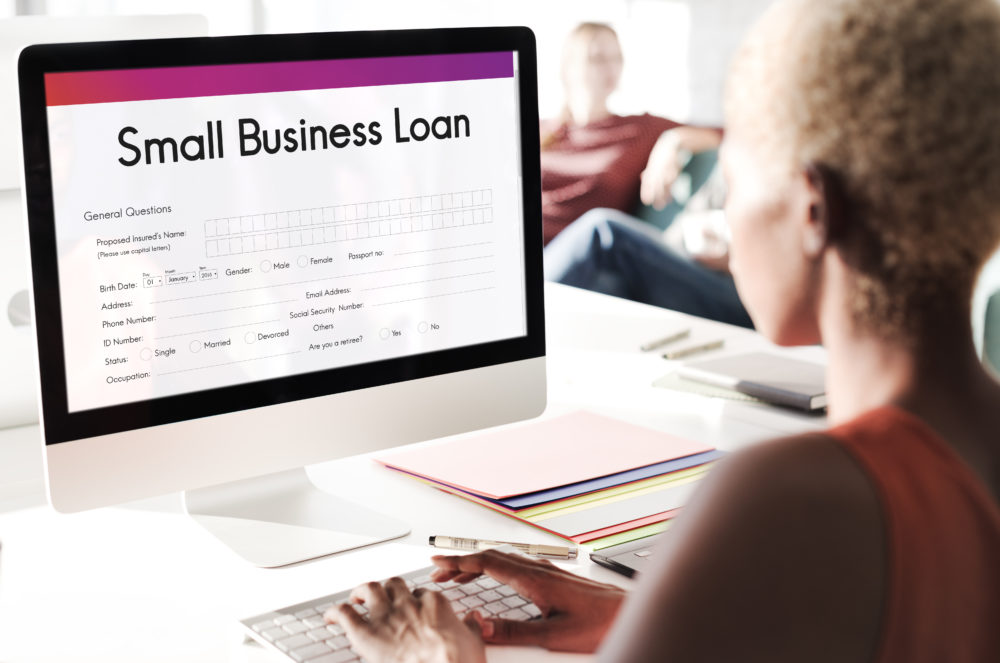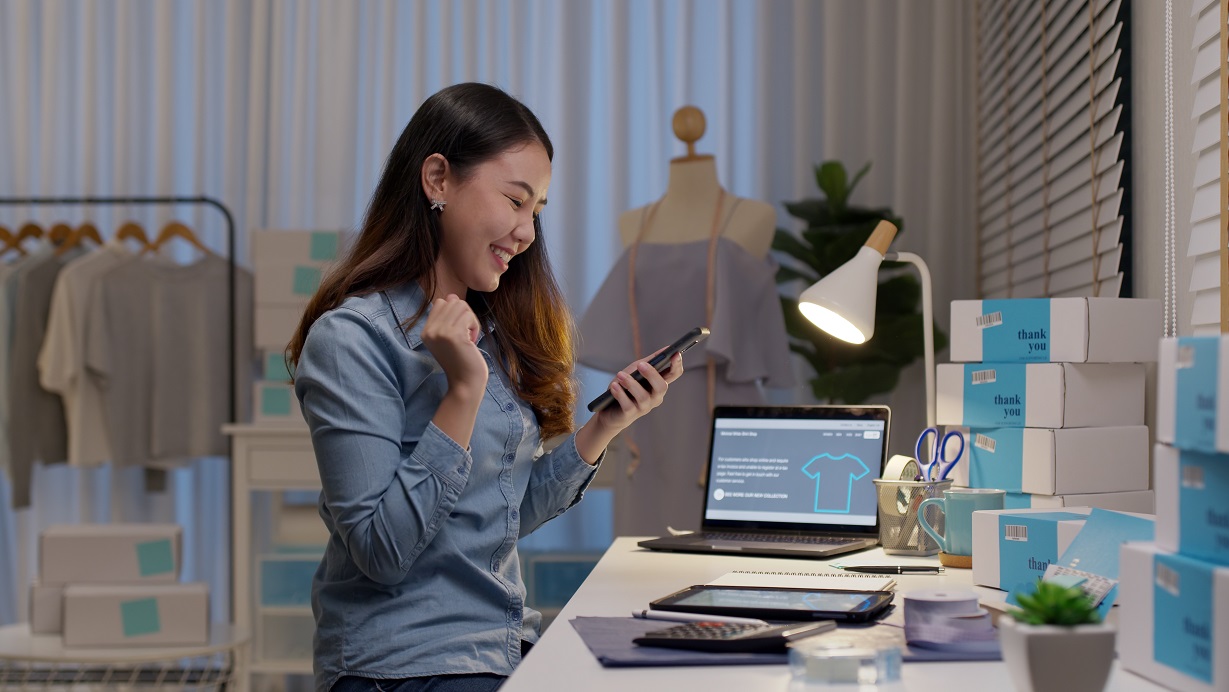

The Recovery Loan Scheme, which offers a government guarantee for small business lending, has been extended for another two years.
Government will underwrite 70 per cent of what the lender could lose in the event of default.
The maximum loan size remains at up to £2m.
However lenders may now require a personal guarantee from the borrower. This means you could lose your home if you don’t keep up repayments.
The Recovery Loan Scheme was originally launched in April 2021 to help businesses recovering from the Covid-19 pandemic. It has supported almost 19,000 businesses with an average of £202,000 in support.
Business secretary Kwasi Kwarteng said: “Small businesses are the lifeblood of the British economy, which is why we are determined to support our traders and entrepreneurs in dealing with worldwide inflationary pressures.
“The extension of the Recovery Loan Scheme will help ensure we continue to provide much-needed finance to thousands of small businesses across the country, while stimulating local communities, creating jobs and driving economic growth in the UK.”
However, MHA head of banking and finance Gregory Taylor branded the new Recovery Loan Scheme a “failure” and the extension did not go far enough to helping SMEs. Furthermore, requiring a personal guarantee from the borrower de-risks the government’s own 70 per cent guarantee and puts the risk back on business owners.
David Fleming, UK head of restructuring at insolvency practitioner Kroll pointed out the low take-up of the previous RLS due to its restrictive terms.
Furthermore, said Fleming, given the scrutiny over how much is owed in Covid loan repayments, it may be more challenging for banks to extend further loans where the customers are outside of normal banking terms.
The increased interest rates and need for personal guarantees may result in a lacklustre take up for the new Recovery Loan Scheme, he warned.
Up to £2m is available per business. The minimum funding is £1,000 for asset and invoice finance and £25,001 for term loans and overdrafts. The total amount offered is at the discretion of the participating lender. They will carry out credit checks and fraud checks before granting you the finance.
The government is guaranteeing 70 per cent of the finance to the lender and the borrower will always be 100 per cent liable for the debt. The annual interest rate and upfront and other fees cannot be more than 14.99 per cent.
The British Business Bank (BBB) has outlined the accredited lenders under the new iteration of the RLS:
You can apply directly through your lender. Check the links above for more details.
The length depends on what kind of finance you’re applying for.
Tim Adler is group editor of Small Business, Growth Business and Information Age. He is a former commissioning editor at the Daily Telegraph, who has written for the Financial Times, The Times and the. More by Tim Adler

We explore whether a loan is the right finance option for you along with some of the best small business loans in the UK market

Applying for business funding can be a complex task, so we want to help make things as simple as possible with this easy-to-follow guide.

Everything you need to know on what small business loans are and what types of loan are available for your business.

Different lenders require different business loan documents. Get prepared with this business loan checklist
Helping you grow your business is our number one priority, if you would like to take your business to the next step just sign up!

We explore whether a loan is the right finance option for you along with some of the best small business loans in the UK market

Applying for business funding can be a complex task, so we want to help make things as simple as possible with this easy-to-follow guide.

Everything you need to know on what small business loans are and what types of loan are available for your business.

Worried about cashflow for your small business? Need cash fast? Find out more about fast business funding and who the key providers are